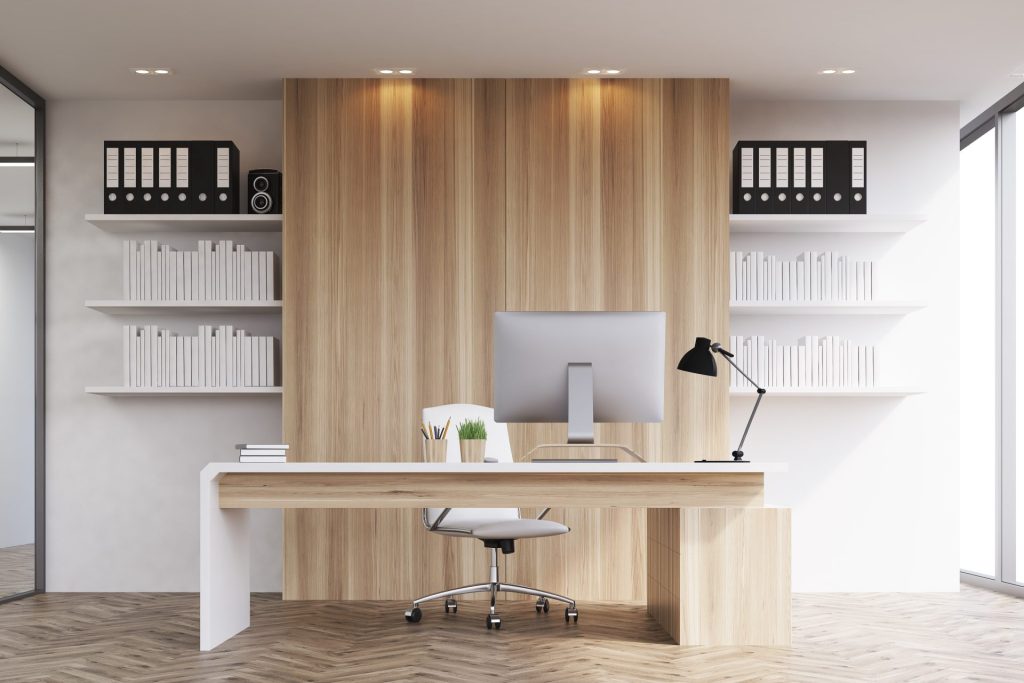The digital revolution is upon us, let’s face it. As such, computers have become essential tools in workplaces, with millions of workers using them on a daily basis. In fact, at least 67% of office workers in the United States use a computer. This is according to the US Bureau of Labor Statistics. Hence, you will need to choose the right computer desk if you fall under this category. But with so many options available, how do you know one that suits your specific needs? This post walks you through the essential factors to consider when choosing an ideal desk for your computer.
Consider Your Available Space
The first thing you need to do before you start shopping for a computer desk is to assess the space where you’ll place it. Measure the area to determine the maximum dimensions that will fit comfortably in the room without crowding or restricting movement. It’s crucial to leave some extra space around the desk for a comfortable chair, proper lighting, and easy access to other items.
Think about whether you need a desk with a compact design for a small office or a larger desk that can accommodate multiple monitors, files, and other tools. For smaller spaces such as apartments and shared rooms, you may want to consider corner desks, which enable efficient use of a limited space. Alternatively, an L-shaped or U-shaped desk could offer you more room to spread out and organize your materials, if you have ample space.
Think About the Type of Work You Do
Your desk’s design should be tailored to your specific needs and activities. If you work from home, a desk that can accommodate a desktop computer, keyboard, and other accessories like a printer or paperwork might be necessary. For gaming enthusiasts, a desk with enough space for multiple monitors, a gaming keyboard, mouse, and a place for comfortable gaming gear is ideal.
Do you primarily use a laptop? You may not need a large, bulky desk if that’s the case. A simple laptop stand or compact desk could suffice, especially if you have limited space. For people who engage in creative work, such as drawing or designing, a desk with additional room for supplies and a more ergonomic design is an excellent choice.
Ergonomic Height
Your desk height matters. You won’t be able to position your legs comfortably under the desk if it’s too short. On the other hand, reaching your mouse and keyboard may be a real struggle if you’re too tall. An ergonomic height makes it possible to avoid these problems, while enjoying a more comfortable work environment. But how high should a computer desk be? Well, according to the OSHA recommendations, a standard desk height should have a leg clearance (the distance from the floor to the desk surface) of 20 to 28 inches.
Storage and Organization
A good desk should make it easy to stay organized. Whether you need space for files, books, or miscellaneous office supplies, think about how much storage you need and whether the desk offers enough compartments. Many desks come with drawers, shelves, or filing cabinets built into their design. If you need to organize cables, look for a desk with cable management systems. These features keep cords out of sight and help prevent tangling, giving your workspace a clean, professional look.
Style and Design
Your desk will likely be a central feature in your office or workspace, so it’s important to choose one that complements the overall decor of the room. Popular styles to choose from include minimalist, modern industrial, and traditional desks. Pick one that suits your taste and the aesthetic of the room while also being functional.
Budget Considerations
Finally, keep your budget in mind when choosing a computer desk. Prices can range widely, depending on the materials, size, and features of the desk. While it’s tempting to buy a budget-friendly desk, remember that investing in a quality desk can improve your comfort, productivity, and long-term satisfaction. Remember to consider additional costs such as shipping, assembly, or desk accessories (e.g. ergonomic chairs, lamps, or organizers).
